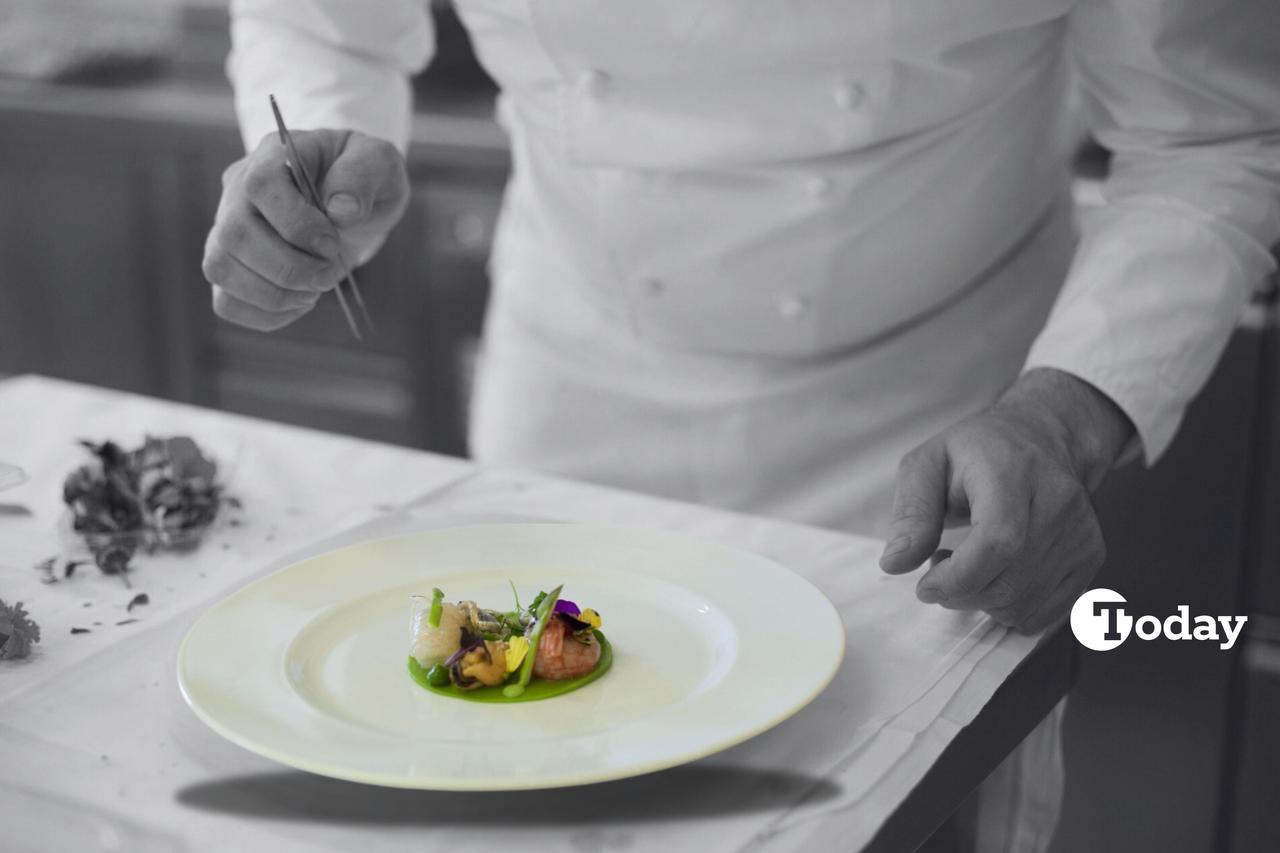
A recent academic study published in the GSI Journals Serie A: Advancements in Tourism, Recreation and Sports Sciences has shed new light on the representation of Turkish cuisine in fine dining. The research explores how prominently traditional Turkish dishes feature on the menus of Michelin-rated restaurants in Türkiye.
The findings reveal that Turkish cuisine comprises 41% of the menu offerings across 23 Michelin-starred or Bib Gourmand restaurants that had publicly available menus. The study, which uses a descriptive research model, highlights both traditional and modern interpretations of Turkish food served at these top-tier establishments.
The study categorizes menu items into three key groups: hot and cold starters, main courses, and desserts. Among these, Turkish main dishes dominate with a 52% share. Lamb-based dishes such as kebabs, tandir, and various forms of kavurma were especially common, underscoring the meat’s central role in Turkish culinary heritage.
Chefs at Michelin-recognised venues often blend tradition with innovation. One standout example includes lamb served with dried mulberries and firik bulgur, offering a creative twist on classical Anatolian fare. Similarly, eggplant puree—a beloved Turkish side—appears frequently as an accompaniment to grilled meats and stews.
The persistence of traditional cooking methods such as oven-roasting, slow braising, and clay-pot cooking demonstrates the continued relevance of time-honoured Turkish techniques in haute cuisine. Even dishes like "sac tava" and "keskek" have made their way onto fine dining plates, reinforcing their gastronomic value.
Hot and cold starters account for 38% of Turkish-origin items on these elite menus. While hummus emerges as the most cited starter, chefs are not shy about reinterpreting it. One restaurant replaces traditional chickpeas with white beans, adding ingredients like smoked plum chutney and wild olives.
Other starters include regional favourites like stuffed grape leaves (dolma), Circassian chicken, and black-eyed pea salad, often reimagined through modern presentation and seasoning.
Interestingly, some starters blend Turkish and non-Turkish elements, resulting in fusion dishes that retain local roots. For instance, dried beef—a nomadic Turkic staple—appears alongside white bean hummus and spicy Aleppo pepper, highlighting Türkiye's culinary intersections.
In contrast to the other categories, desserts of Turkish origin were less frequent, comprising 33% of the dessert menus. However, when present, they stood out in creativity and execution. Classics like baklava, kazandibi (caramelized milk pudding), and ayva tatlisi (poached quince) were enhanced with artisan touches, such as pairing with burnt milk ice cream or serving with nut-studded syrups.
Notably, regional and Ottoman-era sweets such as limon peltesi (lemon jelly) and lor-based puddings also feature, albeit sparingly. The study notes a general underrepresentation of Turkish desserts and suggests greater inclusion could further showcase the cuisine’s depth.
Despite a notable 41% share, the study argues that Turkish cuisine remains underrepresented relative to its potential. Many menus still favor international or fusion offerings, likely catering to global clientele. However, the authors suggest that greater emphasis on regional Turkish ingredients and techniques could enhance cultural visibility.
They also recommend supplementing future research with interviews of chefs and diners to better understand decision-making processes and consumer expectations.
The Michelin Guide’s 2024 edition includes 38 restaurants in Türkiye, of which 12 hold stars and 26 are awarded Bib Gourmand status. The academic study emphasizes the importance of leveraging this global platform to celebrate and preserve Türkiye’s culinary identity.